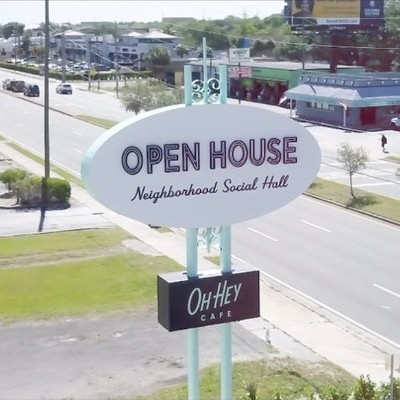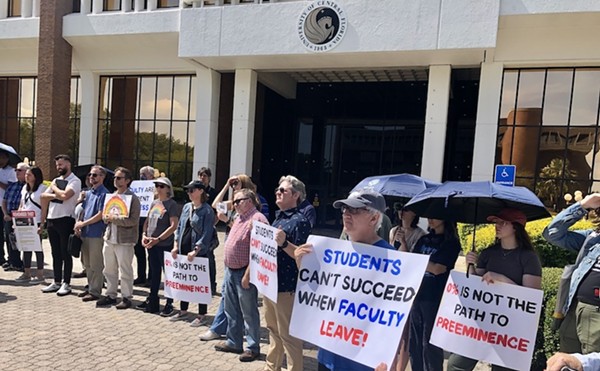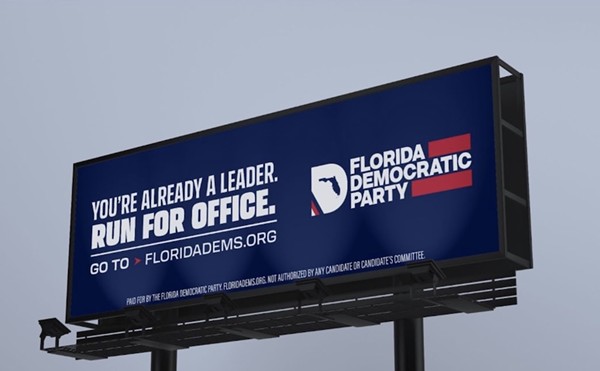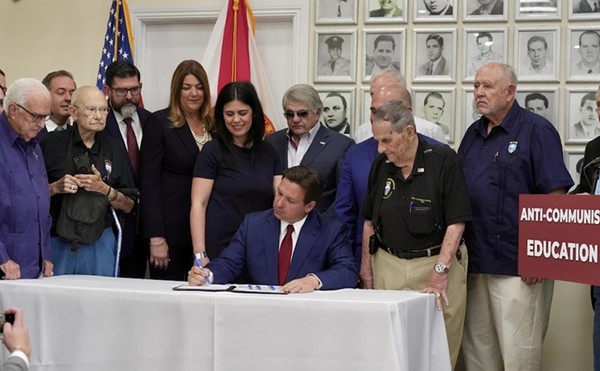Metro Savings Bank of Orlando was desperate for cash -- lots of it. Otherwise federal regulators had given bank officials an ultimatum: find a buyer or face liquidation. Merrill Lynch and Co., a global leader in financial services, was nearly as anxious to open a federally chartered savings bank offering trust services. ;;Because Metro is Central Florida's only African-American-owned bank, federal regulators negotiated a deal between Metro and Merrill, preserving the thrift's minority ownership. "We have a mandate from Congress to preserve and promote minority-owned banks," says William Fulwider, spokesperson for the Office of Thrift Supervision (OTS), U.S. Department of Treasury.;;Merrill provided Metro with the capital it needed to bring its reserves above minimum levels required by federal law. Merrill also took over unspecified assets and liabilities of the savings bank. In addition, Merrill agreed to handle Metro's auditing , train Metro employees and upgrade Metro's aged computer systems. Merrill winds up with no ownership stake in Metro. In return, federal regulators pushed through Merrill's application for a thrift charter without public hearings and a 30-day delay otherwise required under federal law.;;The public may never know just how much Merrill was willing to dump into Metro, which had averted another potentially fatal financial crisis in 1989 by selling $1 million in new stock. Federal regulators have declined to release financial details of the agreement and neither Merrill nor Metro has revealed the amount of money needed to achieve the bailout. Certainly the bailout didn't come cheap. ;;It's hard to imagine two more unlikely associates doing business. Metro's operation comprises two one-story buildings at the northeastern corner of Goldwyn Ave. and Orange Center Blvd., west of I-4 downtown. It primarily serves African-American residents and small businesses in the surrounding Washington Shores neighborhood. As of December 1996, nearly 13 percent of its loans were "non-performing," while thrifts in Florida averaged less than 1 percent. Emerging from the bailout, the thrift is smaller than ever, with $11.5 million in assets, more than $2.5 million less than at the end of 1996.;;On the other hand, business is booming for Merrill, with offices in 40 countries and client assets of $868 billion. In the last quarter of 1996 alone, it reported net revenues of $445 million. ;;Congress is considering the elimination of laws, including the Glass-Steagall Act, which separate commercial and depository banking from investment banking. Glass-Steagall is part of federal laws designed to prevent a recurrence of the stock-market crash of 1929 and the subsequent run on the banks. Without having to wait for Congress, Merrill will now be able to enjoy the best of both worlds, extending investment and trust services through its own thrift.;;For now, Metro is viable. But, with no ownership change, what will prevent it from spiraling back into financial problems? OTS most wanted to preserve Metro. "Goal No. 2 is that it operates in a safe and sound manner," Fulwider says. In other words, the feds will be watching closely to make sure they can't be accused of brokering a bad deal.

WE LOVE OUR READERS!
Since 1990, Orlando Weekly has served as the free, independent voice of Orlando, and we want to keep it that way.
Becoming an Orlando Weekly Supporter for as little as $5 a month allows us to continue offering readers access to our coverage of local news, food, nightlife, events, and culture with no paywalls.
Scroll to read more Orlando Area News articles
Newsletters
Join Orlando Weekly Newsletters
Subscribe now to get the latest news delivered right to your inbox.


















